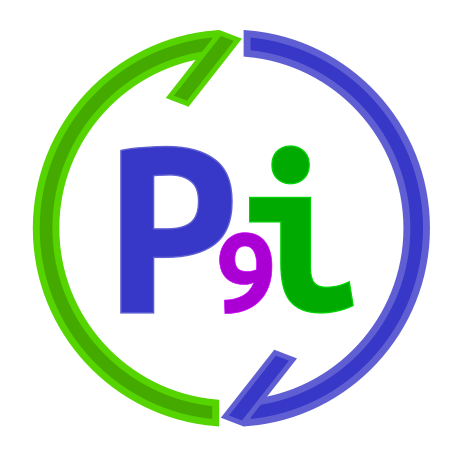Essential tooling for Clojure development

Clojure development benefits from great tooling focused around an editor.
Autocomplete, refactor tools, diagnostics feedback and syntax highlighting enhance the creation and modification of code.
Evaluating in source code and using data inspectors for the results provides an effective interaction with the REPL.
Practicalli encourages editors that provide user actions driven exclusively via the keyboard and an uncluttered user interface.
Practicalli Clojure provides an overview of Clojure editors and the plugins that provide Clojure support, e.g. Emacs, Neovim, VS Code, Pulsar and Sublime.
Practicalli preferred editors
LightTable was the editor used in the early years of learning Clojure as it was simple to use and provided instant feedback as code was typed.
Once Spacemacs was release, Emacs with CIDER became the predominant editor for many years.
Treemacs and LSP have matured so Neovim and Conjure has been adopted to provide a fast editing environment with streamlined key bindings for Clojure development.

